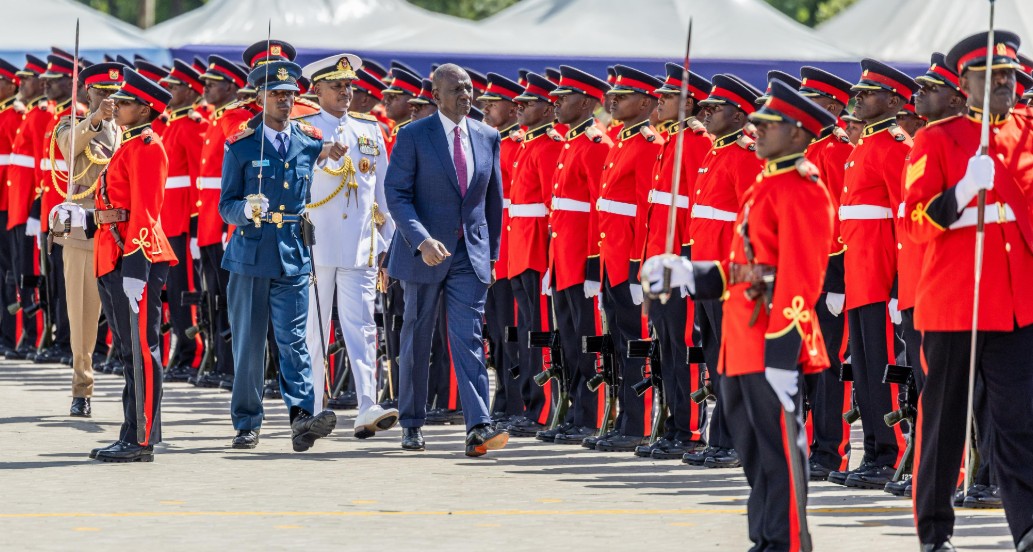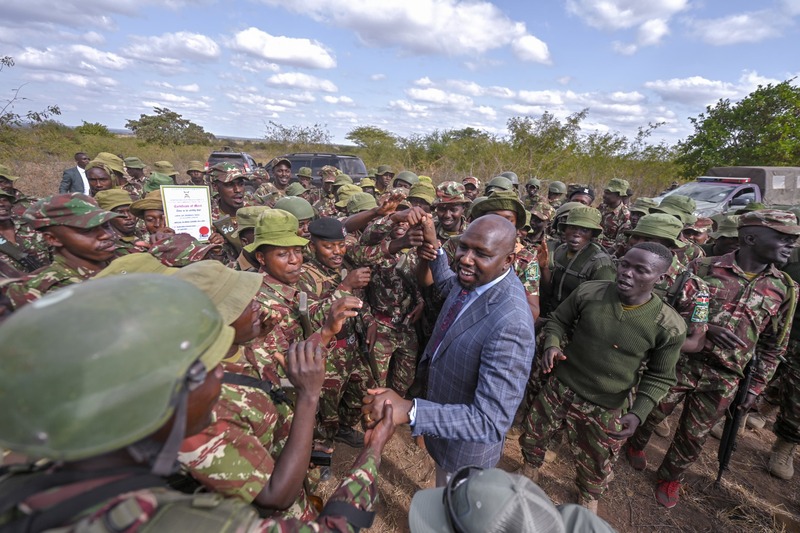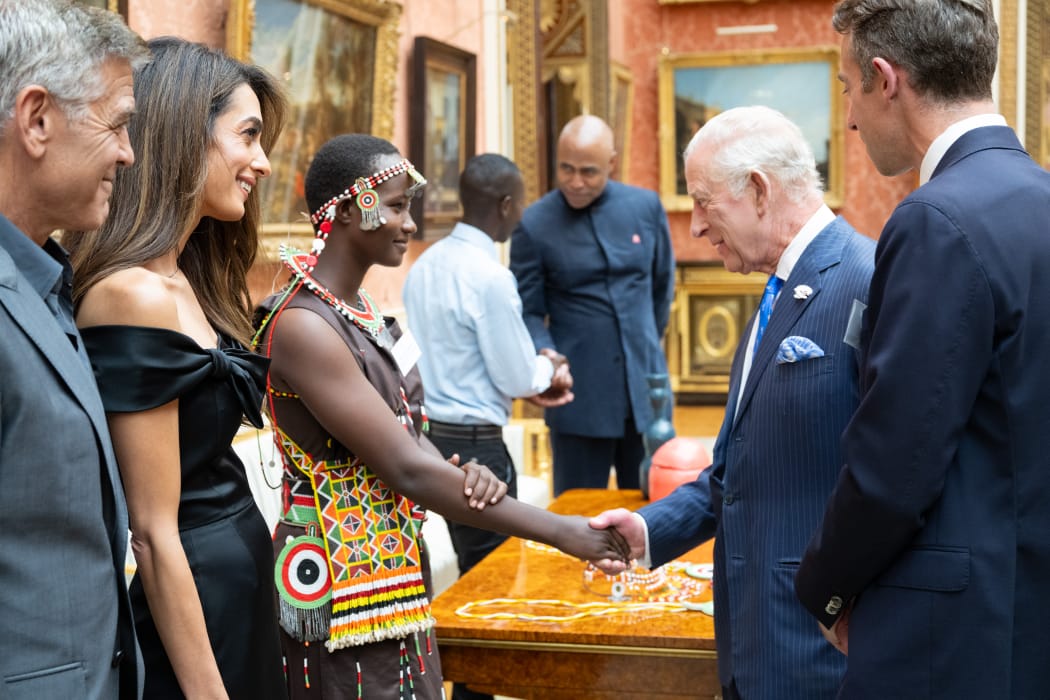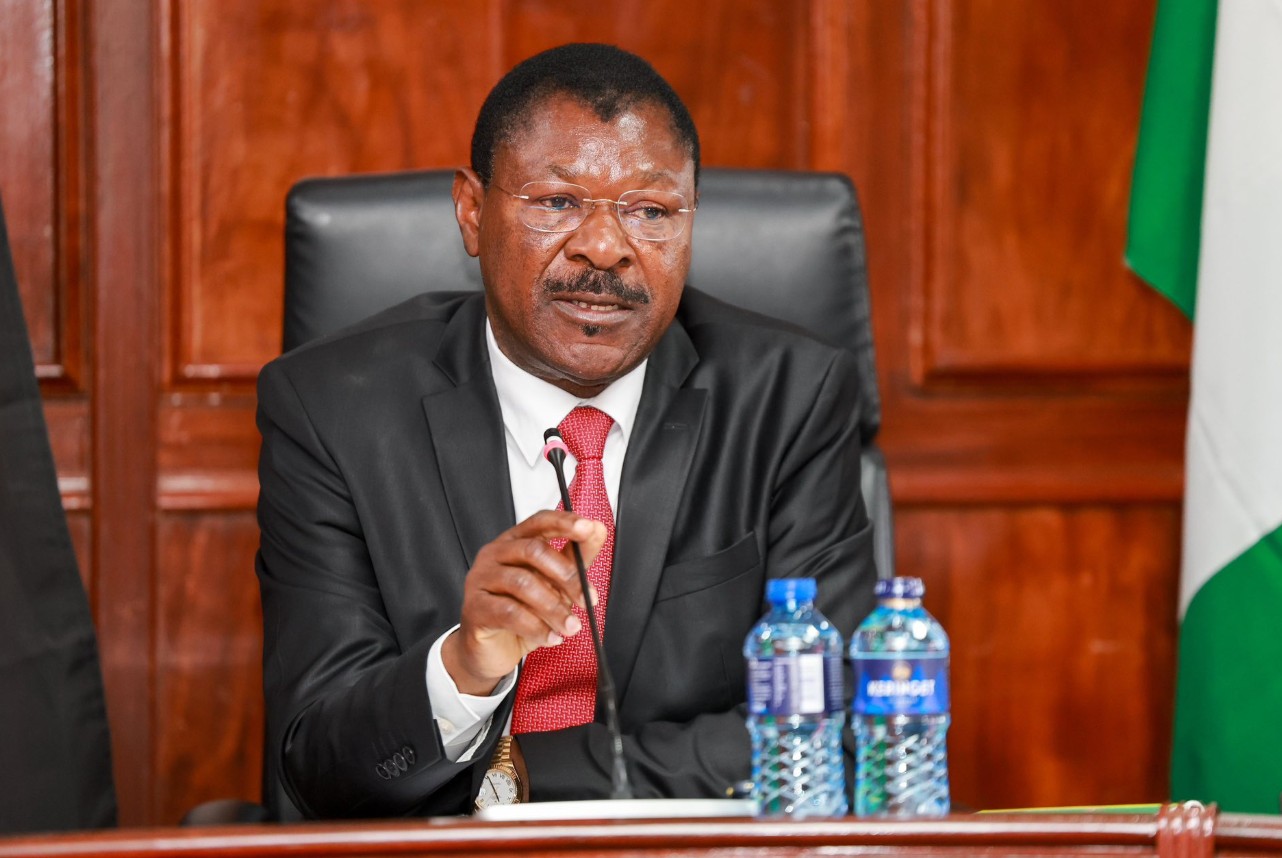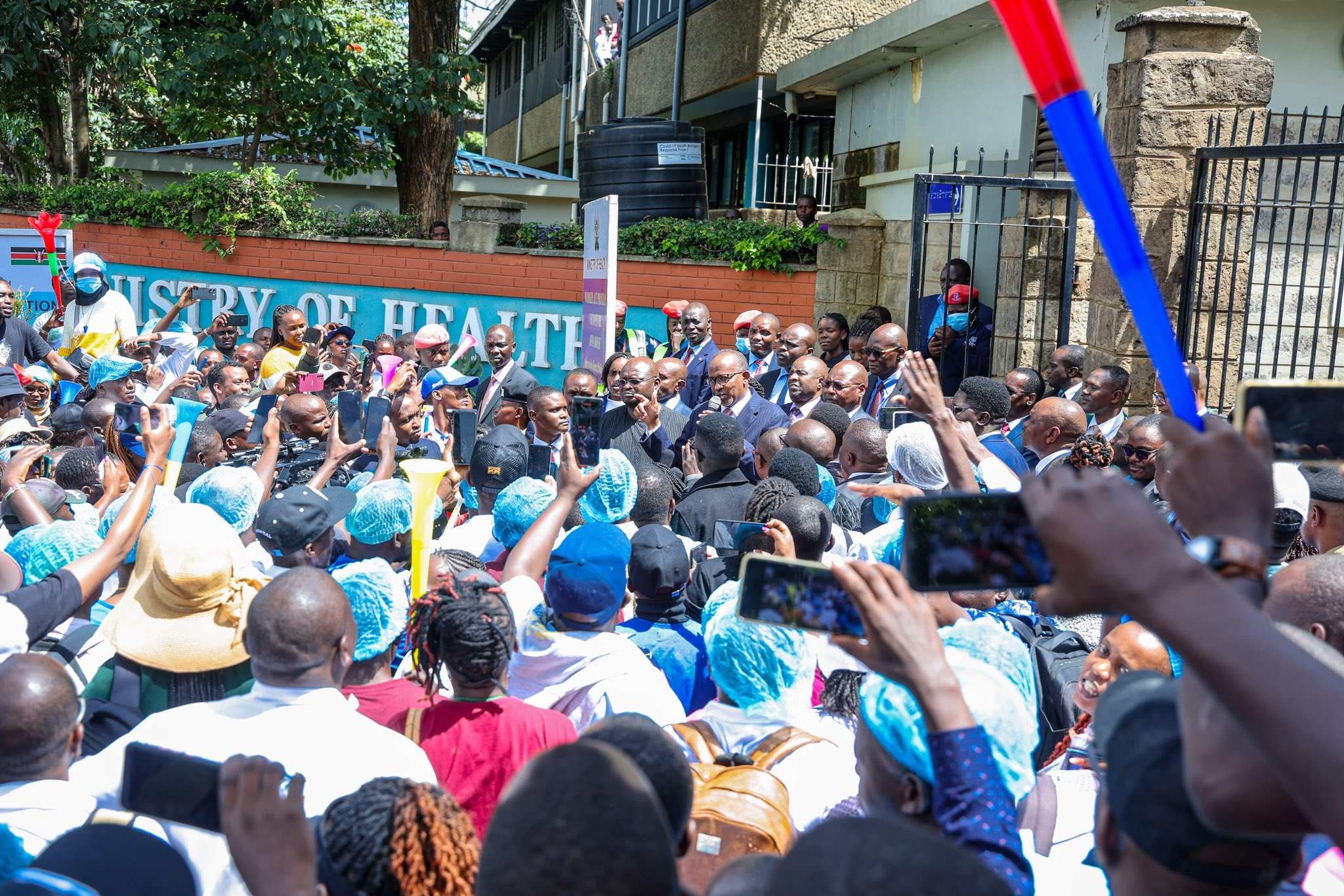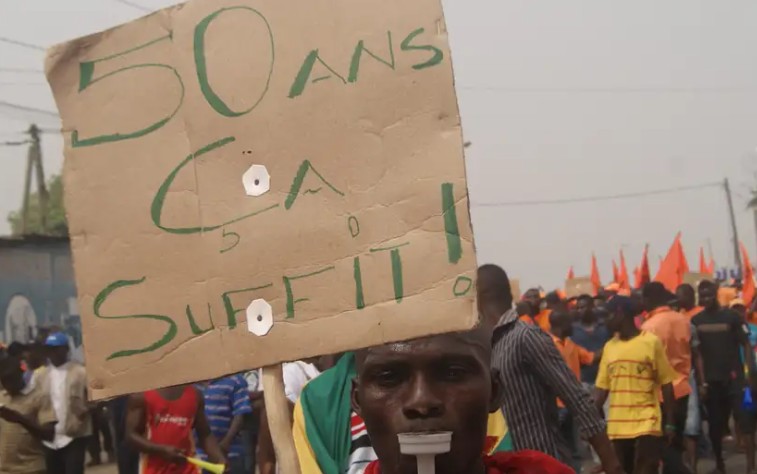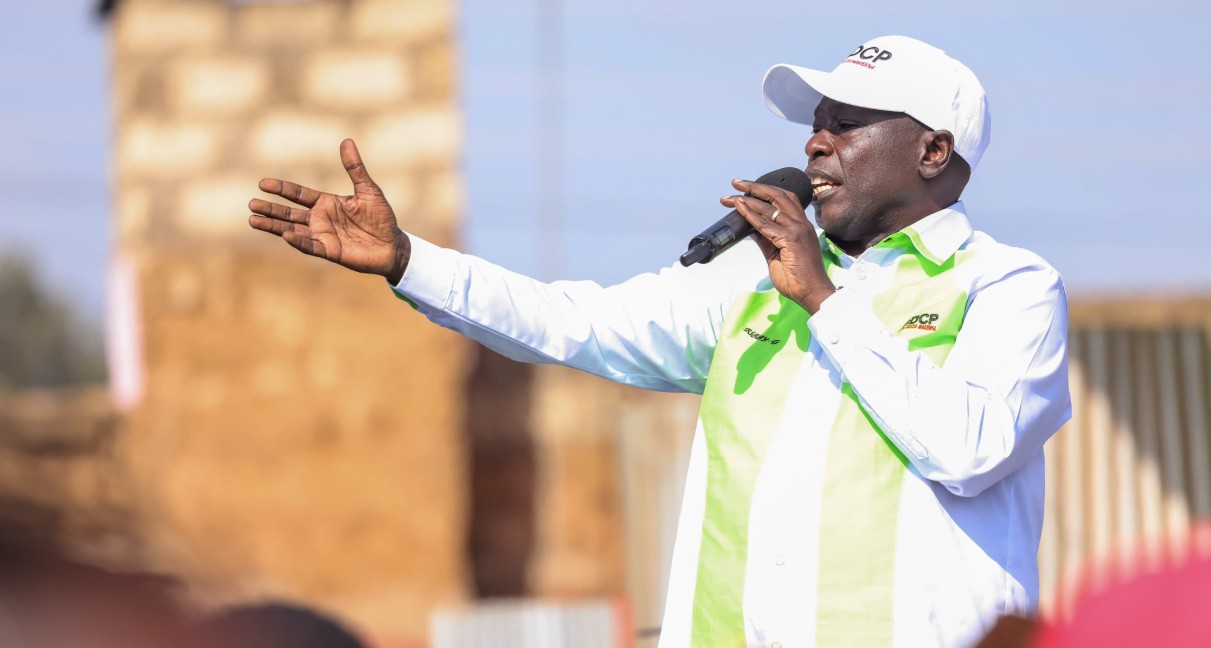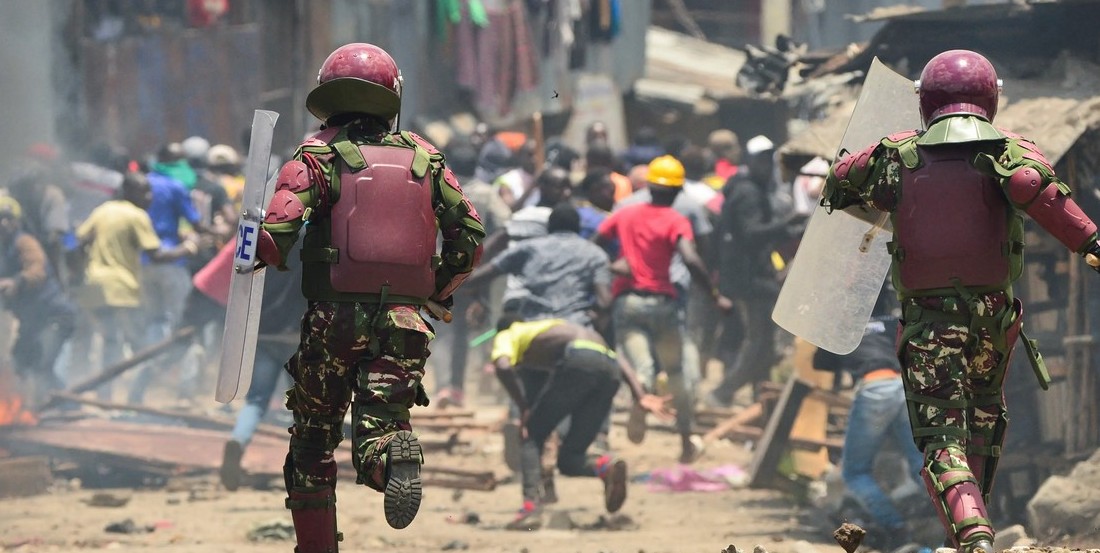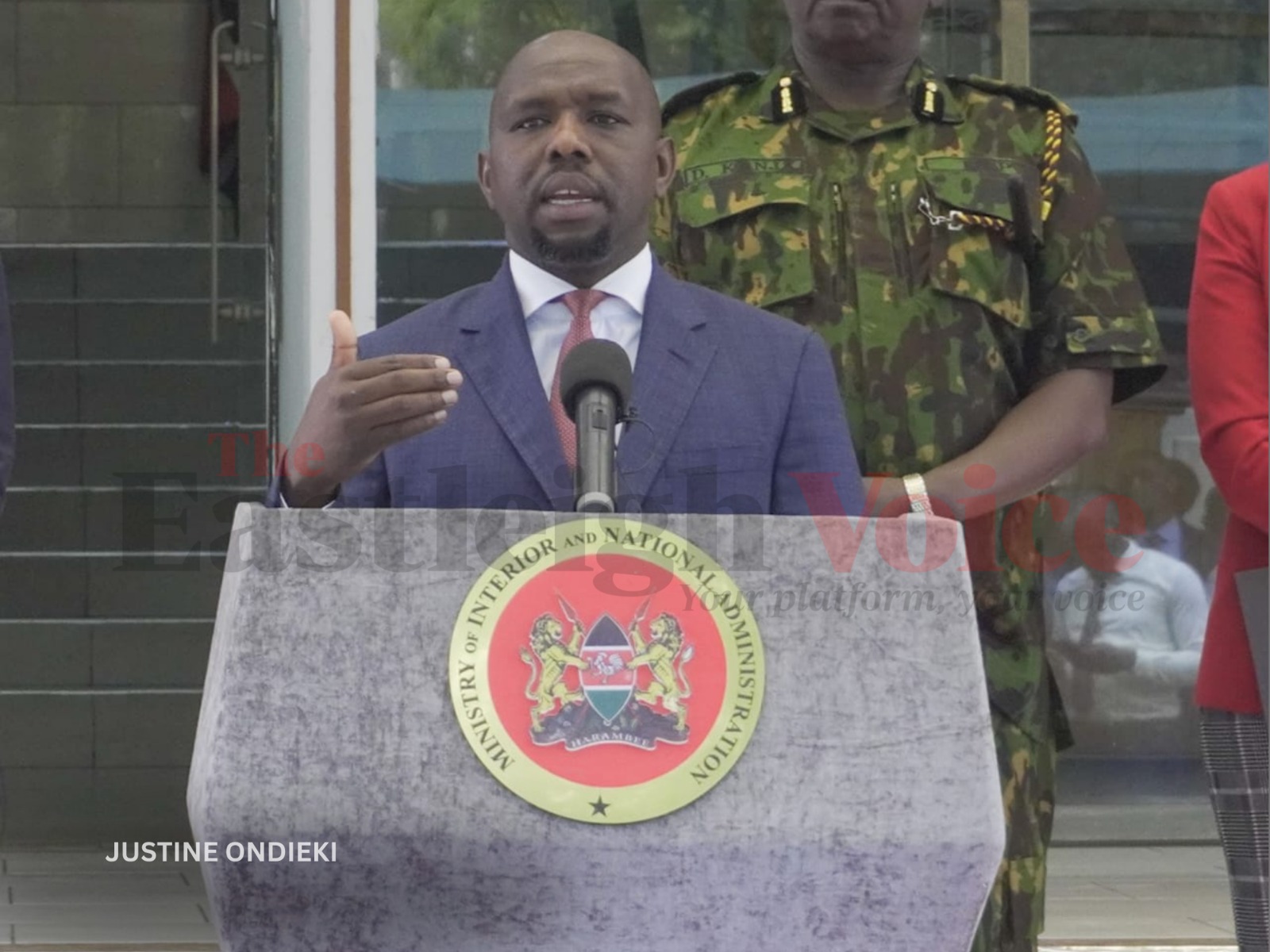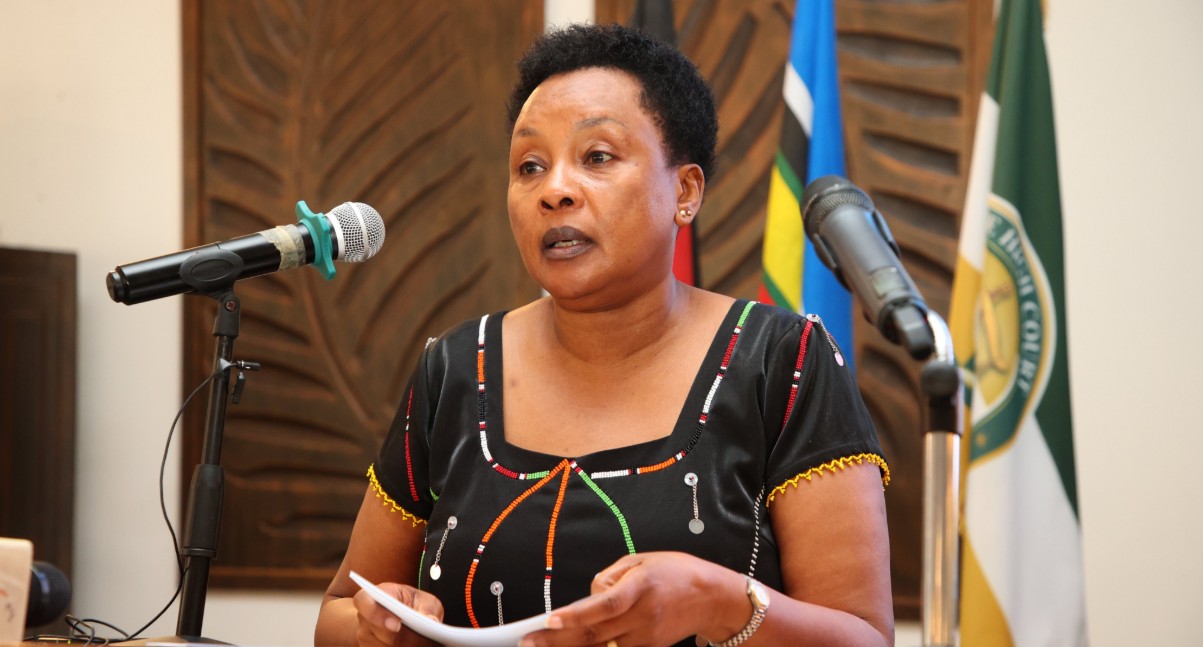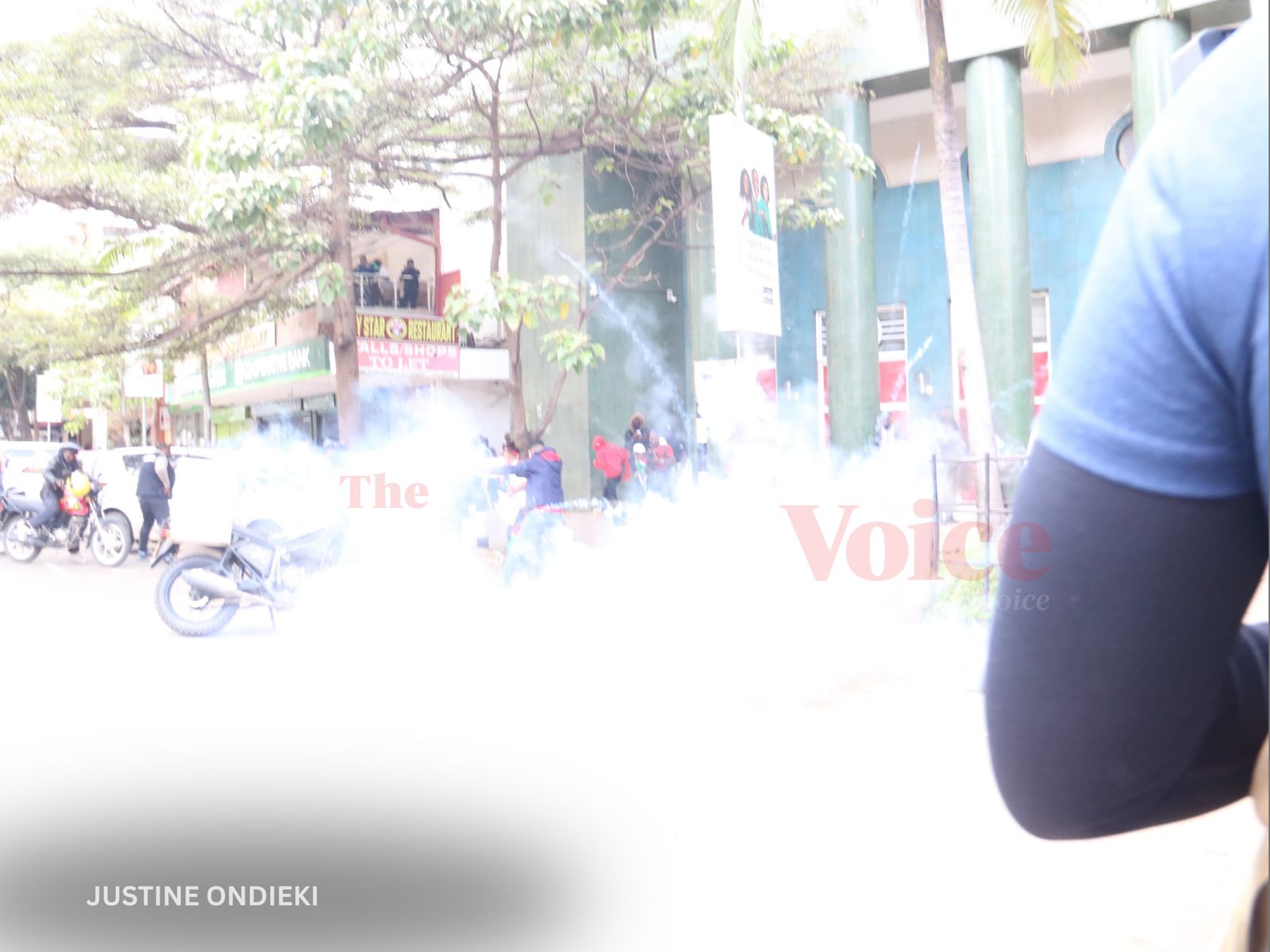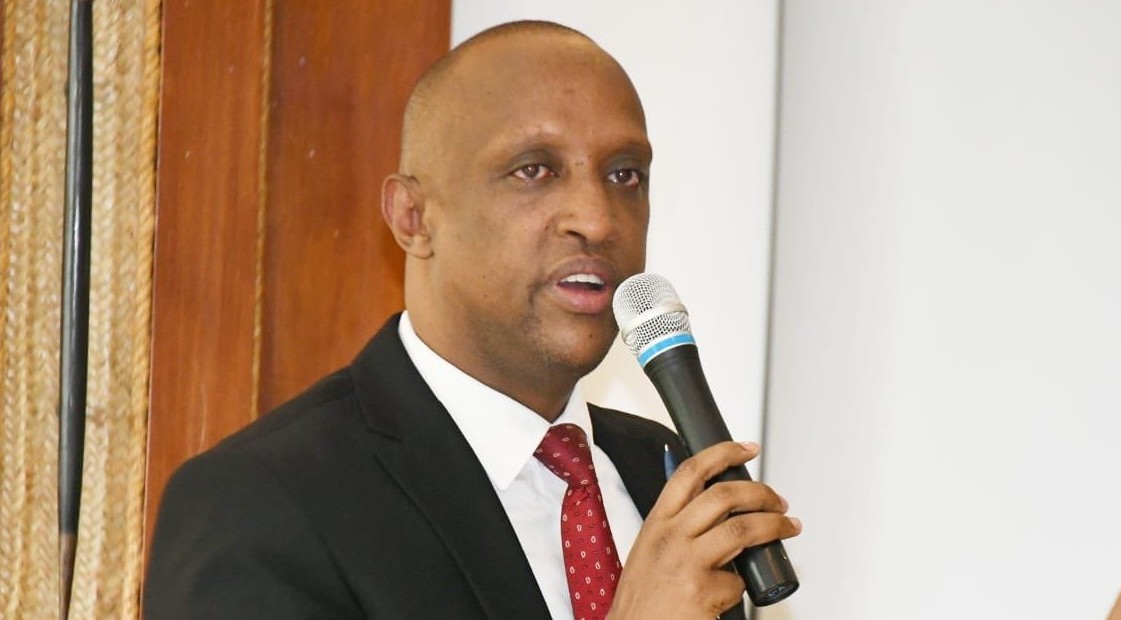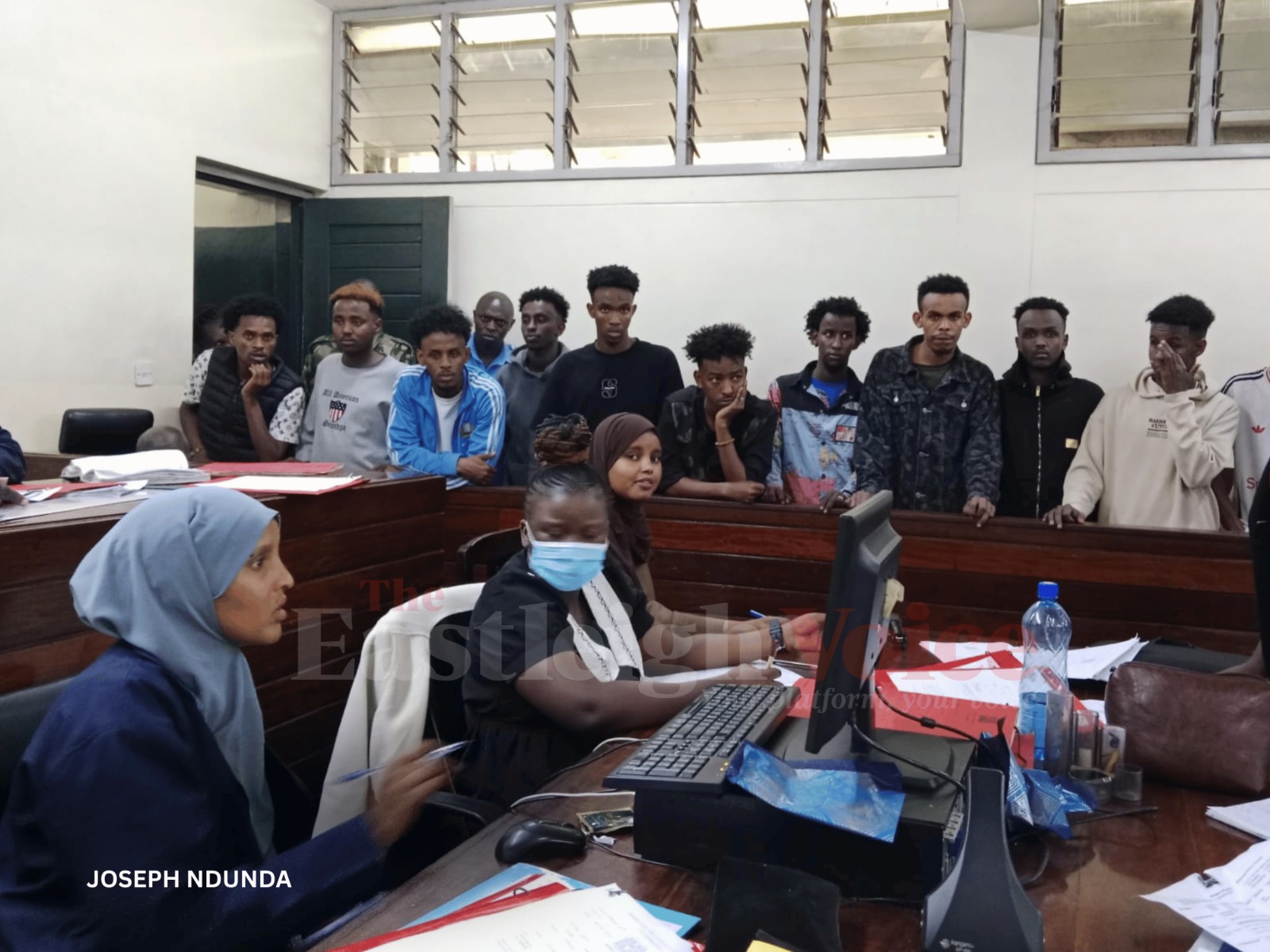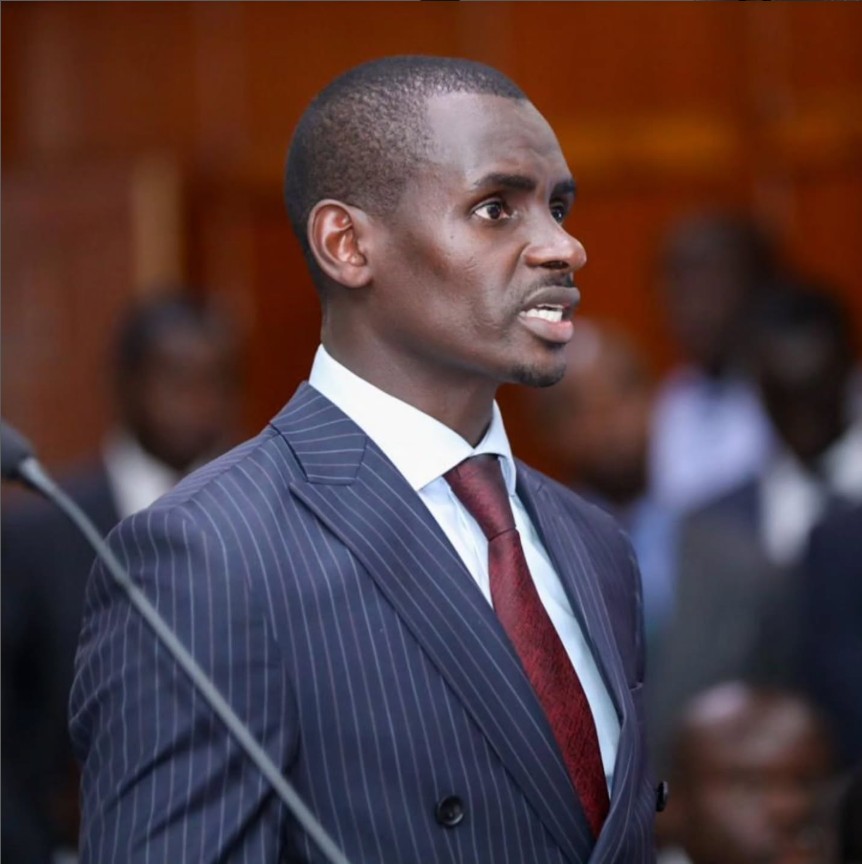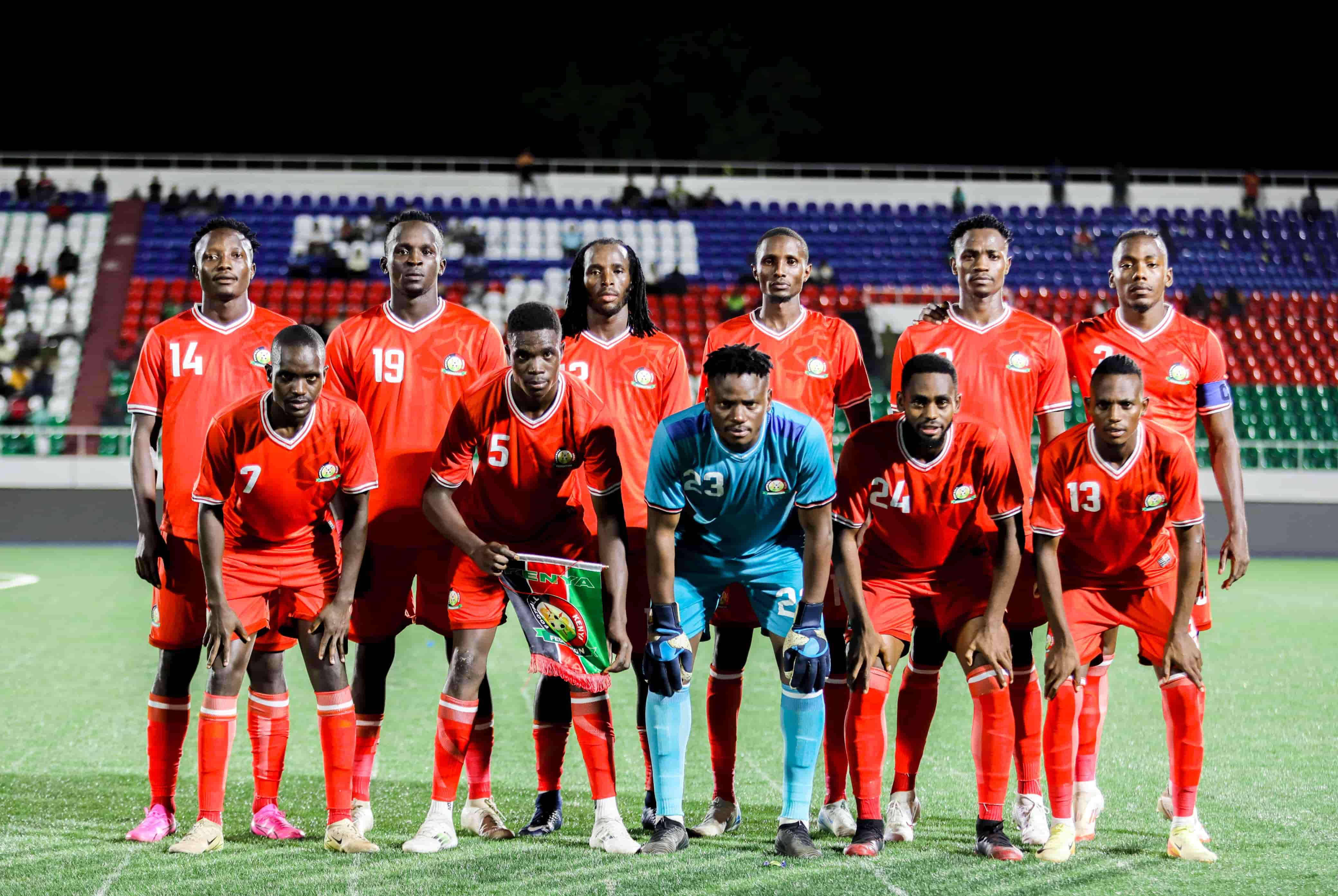Tackling tribalism: Perspectives from Kenya's leaders, communities
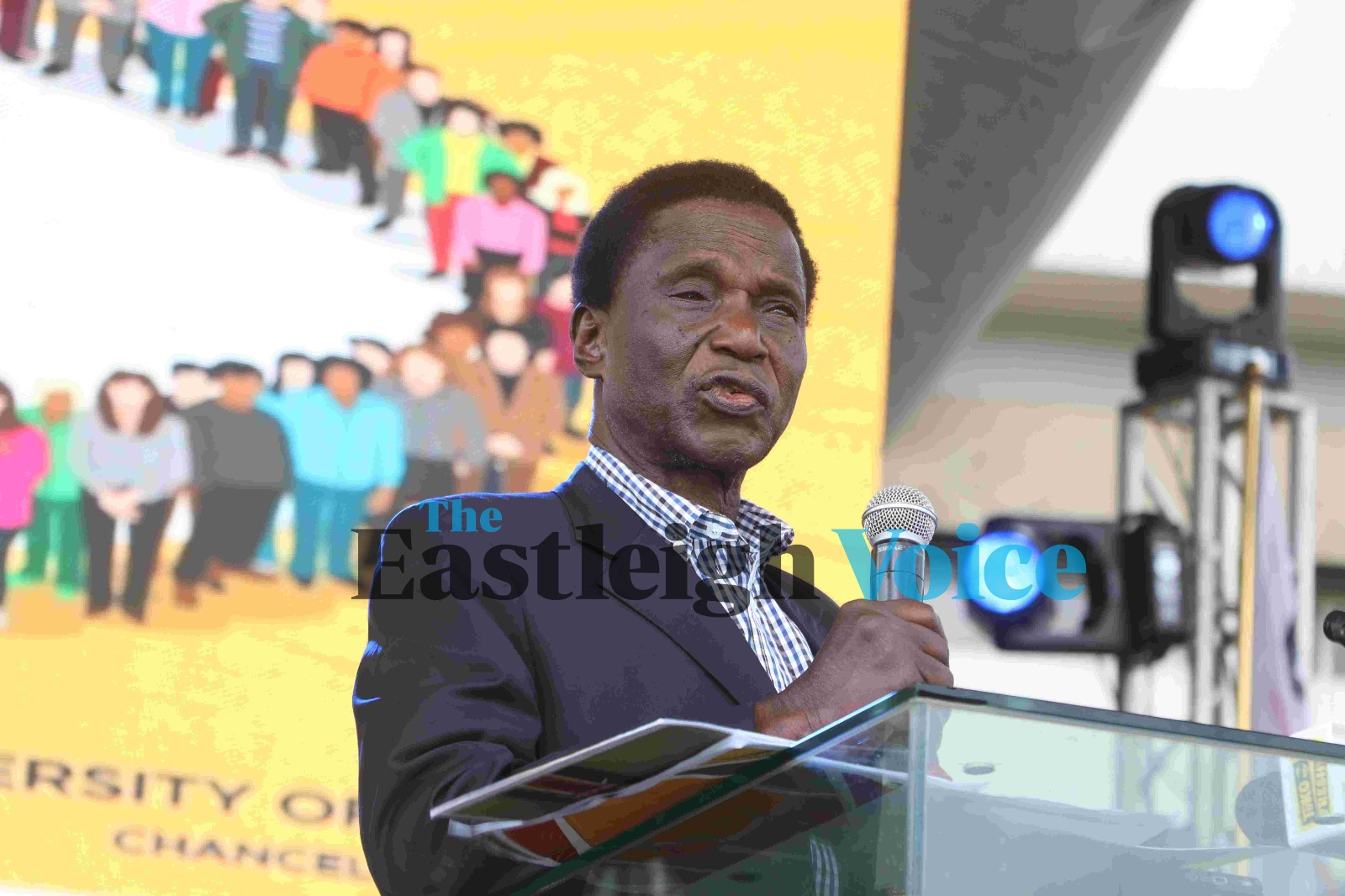
Despite efforts at mitigation and reconciliation, tribal clashes persist in some areas.
In Kenya, the question of tribal affiliation has been a headache, especially during the election period. However, it hasn't always been this way, as recounted by Professor Washington Omondi, the sole remaining founder and composer of the Kenyan national anthem.
"Back then, there were no tribal issues; the fight was between the natives and the colonizers," Professor Omondi reflects during a summit at Nairobi University, highlighting a time when tribal identity took a backseat to the struggle against colonial oppression.
More To Read
- Ruto urges peaceful protests, thanks Raila for unity call as leaders push for stability, development
- Raila defends Kenyans’ right to protest, urges government to uphold constitutional freedoms
- Raila calls for unity, blames politics for collapse of Adani deal to expand JKIA
- Raila hosts Somaliland President Abdirahman Abdilahi in farewell dinner, rekindling ties
- Kenya’s police brutality victims trapped in endless cycle of political promises and no justice
- Raila urges compensation for victims of 2024 Gen Z protests, calls for justice and national healing
He shares a personal anecdote from his encounter with a provincial commissioner, who questioned his tribal affiliation during his efforts to have the then Prime Minister Mzee Jomo Kenyatta endorse a copy of the national anthem.
Speaking during a People's Dialogue Forum, Professor Omondi underscores that tribal divisions emerged as a result of the divide-and-rule tactics employed by the colonizers.
Nairobi Senator Edwin Sifuna echoes this sentiment, expressing his hope for a future where opportunities are awarded based on merit rather than ethnicity.
"I look forward to a time where opportunities are given based on merit and not ethnic background," Senator Sifuna says, advocating for a fairer and more inclusive society.
The People Dialogue Festival, inaugurated by Daadab MP Maalim Farah on behalf of National Assembly Speaker Moses Wetang'ula, seeks to promote dialogue and understanding among stakeholders, addressing critical societal issues.
2007 Clashes
The 2007 post-election violence cast a glaring spotlight on the issue of tribalism, resulting in widespread loss of life and property.
According to a United Nations fact-finding report, the violence manifested in three distinct patterns – spontaneous, organized, and retaliatory. The aftermath of the contested election saw opposition supporters protesting in Kisumu and Nairobi slum areas, followed by organized attacks targeting specific communities
The violence escalated in Naivasha, Nakuru, and Mathare. The repercussions were devastating, with over 1,200 reported deaths, thousands injured, and hundreds of thousands displaced.
Despite efforts at mitigation and reconciliation, tribal clashes persist in some areas.
At a People's Dialogue Festival held at The Nairobi University, Powon Kapello, Secretary General for Kenya Union Party in West Pokot, sheds light on pastoral communities' challenges.
"The pastoral community has faced numerous clashes, primarily due to cattle rustling and resource stress," Kapello explains. He laments the marginalization of West Pokot and its neighboring regions, attributing ongoing conflicts to the mismanagement of range lands and cultural disparities.
"West Pokot has been left behind for the past 63 years, with low levels of education and unresolved cultural issues," Kapello laments, highlighting the urgent need for holistic solutions to address the root causes of inter-tribal conflict.
According to a report by the National Cohesion Integrations Commission, NCIC launched on November 17, 2023, revealed that certain tribes dominate employment, while 29 others collectively make up just one per cent of county job recruitment.
Commissioner Danvas Makori emphasized the need to address the concentration of County Government jobs within 10 tribes, comprising 80 per cent of jobs across Kenya's 47 counties.
He pointed out that the loyalty to ethnic groups over the nation contributes to conflicts, such as those witnessed in 2007/2008.
Top Stories Today
Reader Comments
Trending
